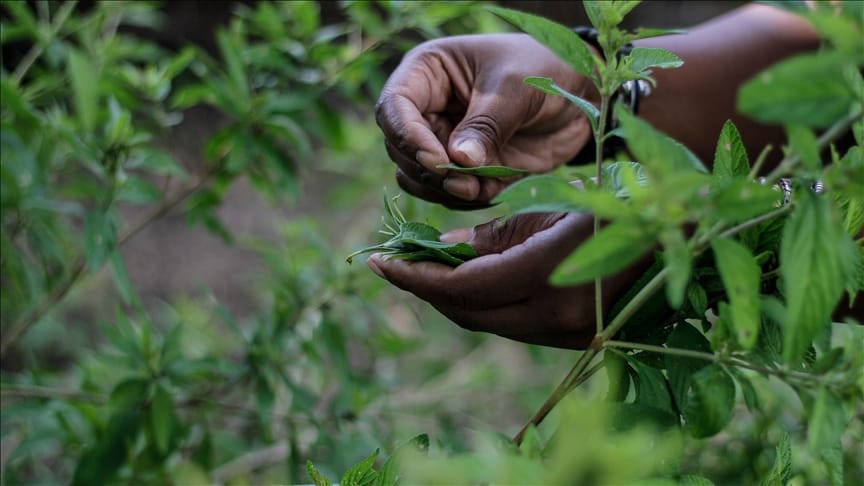In the quiet hills of rural Tanzania, herbalist Hawa Nyamizi leans over a steaming pot of neem leaves and crushed roots, gently guiding a mother through the herbal treatment of her feverish child. In villages like Mkolye, far from the reach of modern hospitals, herbalists like Nyamizi are often the only accessible caregivers.
Yet despite their crucial role, Tanzania’s traditional healers continue to face widespread stigma, legal ambiguity, and systemic exclusion from national health policy.
“People call me a witch,” Nyamizi says with a shrug. “But I use knowledge passed down through generations. This is medicine.”
A Critical Yet Overlooked Role
For thousands across Tanzania’s remote regions, herbalists remain the first line of defense against ailments ranging from malaria and typhoid to mental health conditions. With modern clinics often hours away and healthcare costs rising, many Tanzanians—particularly in underserved communities—rely on traditional medicine for survival.
Official figures estimate over 75,000 herbal practitioners are active across the country, yet most remain unlicensed, exposing them to arrest and ridicule. The term “witch doctor”—a colonial-era holdover—continues to blur the line between traditional healing and superstition.
“We’re healers, not magicians,” said Selemani Iddi, chair of the Traditional Healers’ Organization of Tanzania. “It’s time we were treated with respect.”
Gradual Steps Toward Integration
In recent years, efforts have been made to bridge traditional healing with formal health systems. The Institute of Traditional Medicine at Muhimbili University has partnered with herbalists to study remedies, aiming to standardize and potentially commercialize effective treatments.
Training programs are also underway, helping healers identify when to refer severe cases—such as advanced malaria—to clinics. Some herbalists, like Lukas Mlolwa in Geita region, now collaborate with local health centers, recognizing that tradition and science can work in tandem.
“Before, I treated everything myself,” Mlolwa admits. “Now, I send patients to hospital when I see danger signs. We can work together.”
Challenges Remain
Legal and logistical barriers persist. Many herbalists fear exploitation of their knowledge, and the costly, bureaucratic process of registering their remedies deters participation in formal structures. Meanwhile, safety concerns have emerged. A recent university study found over 40% of herbal samples were contaminated with bacteria or fungi—underscoring the need for training in preparation and storage.
“We need systems that protect both patients and herbal knowledge,” said medical researcher Dr. Lilian Matiku. “That’s how we build trust.”
Changing the Narrative
For practitioners like Jongo Sabe in Dar es Salaam, fighting stereotypes is part of the daily struggle. While he treats patients from across East Africa with herbal infusions and plant-based tonics, some neighbors still avoid him, convinced he practices dark arts.
“People fear what they don’t understand,” he said. “But herbs are not dangerous. They are healing tools—just like pills in a bottle.”
Sabe and others hope for a future where traditional medicine is seen as complementary, not contradictory, to modern healthcare.
“We’re not the enemy,” Sabe says. “We’re a vital part of the health system—especially for those the hospitals can’t reach.”



